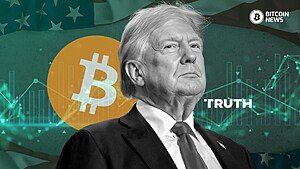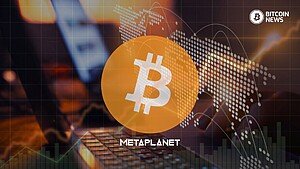A startup from South Africa has merged SMS and Lightning to allow easier Bitcoin payments when internet is cut off.
For years, mobile credit has been alternative currency in many African countries. Now, bitcoin can be sent and received without an Internet connection using just mobile phones.
The startup behind this breakthrough innovation is called Machankura and they currently offer their services in six African countries including Ghana, Kenya, Malawi, Nigeria, South Africa and Uganda.
They are a custodial Bitcoin service similar to Wallet of Satoshi except you do not need an internet connection.
Using only USSD (Unstructured Supplementary Service Data) codes which are used by all mobile telecom networks for needed direct communication between a user’s phone and the telecom operator, Machankura offer users the joys of the Bitcoin Lightning Network with just a mobile phone.
Users can send and receive satoshis with little to no cost and in mere seconds.
As the user’s lightning wallet address (LNURL) is tied to their SIM card’s telephone number, any satoshis saved locally are saved to one’s SIM card which now acts as a Bitcoin wallet. This is quite handy for people using feature phones / dumbphones – Phones without internet and other computing capabilities.
With Machankura, we can gleam of a near future in which many Africans explore their services for cheap and efficient transfer of finances from the diaspora to their people back home while going around layers of protocol and red tape.
The least of one’s troubles when sending money from overseas to Africa is the need to have compliant bank accounts in two different countries. The banks may not be on trading terms, the fees are exorbitant and it takes forever for the money to finally be settled on the receiver’s account.
A much cheaper alternative will thus be to turn one’s funds into bitcoin via a Bitcoin exchange like Binance and transfer these via Lightning to the feature phone of the recipient back home in say Uganda. Again, no internet required for the exchange to happen. Which is very interesting and absolutely convenient.
The same could apply for local monetary exchanges with one sending bitcoin from one phone to another within the same country. This however will be a threat to the mobile money service jobs that support the livelihoods of many. However, alternative payment solutions springing up is nothing new and certainly, like the banks, the telecoms cannot be too happy about this.
Mobile Credit has been the technology of choice to make direct payments in Africa for many years. “GSMA’s 2014 Mobile Money for the Unbanked Survey reported the existence of 146 million mobile money accounts in Sub-Saharan Africa (61.9 million active within the past 90 days)” writes Ingrid Brill at Berkley.
But with great diversity comes great opportunity.
One of the wonderful innovations is repurposing old but stable global communications technology to on-board the world on the soundest money of the 21st century.
Machankura is the first company to pull off a “back to the future” business model. They are using USSD, an ancient mobile phone technology for GSM phones (which is all phones) invented in 1987, to run payments of a futuristic money invented in 2008.
Which works perfectly when it comes to going around the information overload of the internet. An information overload that is now creating a “dumbphone revolution.“
The future looks especially bright when I think of what could happen when an entire telecommunications franchise is built from what Machankura is offering.
Imagine this – Machankura Telecom. A 100% Bitcoin operated and Bitcoin operating telecom. Seems like a dream but the path has been made. If incorporated, it could be the first telecom that is not just a telecom but also a Bitcoin bank. And not just in Africa, but everywhere in the world where people need to make phone calls and trade value without internet spies making life any harder.
Which is everywhere in the world.
Really excited for the future of telecommunications.










